Summary
Bringing together local government representatives from Japan and overseas countries alongside international experts, this session provided a co-learning platform to explore diverse perspectives on synergistically achieving global goals, while also addressing local needs and concerns. Based on a broader overview of current challenges, the moderator emphasised the crucial role of local and regional governments in putting city-regions on a more sustainable and climate-resilient path, and the potential of leveraging the Circulating and Ecological Sphere (CES) approach within the context of local needs and existing priorities. To set the stage for the session, a framing presentation was delivered by a speaker from IGES, which uncovered the existing shortfalls in meeting the current global goals, and highlighted the importance of locally-led actions and the CES approach. The first panellist introduced Sado City's sustainability initiatives, such as the Sado City Ordinance to Promote Sustainable Island Development through the application of CES, Sado City's "SDGs Future City" Plan, and the Sado City SDGs Partnership, and how the accumulation of these initiatives has led to the branding of the region. The second panellist shared Hyogo prefecture's efforts in "Hokusetsu Satoyama Regional-CES", which are aimed at revitalising the local economy through effective use of local resources, such as woody biomass, as well as how it contributes to the promotion of Satoyama in the 21st century. The third panellist discussed the lessons from current initiatives in Nagpur district (India) on social wellbeing (such as women adult literacy programme, child malnutrition-free scheme), environmental sustainability (such as rainwater harvesting in government institutions, clean energy generation) and economic revitalisation (such as improved access to markets, Bhiwapur chilli project, dairy farming). For determining integrated solutions, plans to establish a local-level platform for co-development of need-based CES actions were also discussed. The fourth panellist introduced the Tosa-cho Innovation (a case of marginal town in Kochi Prefecture) and its citizen-based approaches for supporting climate and sustainable development actions by local/national government, including the ‘Tosa Town SDGs Promotion Council’. Addressing the challenges of ageing population, water and forest management, the other prominent local-led initiatives such as ‘Green Accelarator’ and ‘Social Impact Bond’ were also highlighted. Setting the context of current global goals and targets, the fifth panellist from START International emphasised that there remains a lack of institutional support and capacity strengthening for local governments. Addressing complex sustainability challenges therefore requires a systems orientation that integrates diverse actors and stakeholders in shared learning. An ongoing initiative of ‘EPIC: connecting universities with governments’ was showcased alongside its few examples from South-East Asia. Towards the end, the moderator reiterated the importance of local governments as key decision-making as well as implementation bodies in driving progress towards global goals by stimulating local actions. Referring to the showcased CES-based successful strategies, best practices and innovative approaches, it was emphasised that continued efforts will be crucial towards maximising the vitality of city-regions in the context of Asia and translating the global sustainability goals and climate actions into local development policies.
Key Messages- A synergistic approach that balances global goals of sustainable development and climate actions with local needs and concerns is crucial for addressing the diverse social, economic and environmental challenges faced by human societies.
- Locally-led actions and multi-stakeholder partnerships can put city-regions on a more sustainable and climate-resilient path. The establishment of co-development platforms for need-based solutions can facilitate stakeholder engagement and capacity strengthening.
- The lens of CES can serve as a means of implementation for the local and regional governments to localise the SDGs, optimise rural and urban resource flows and harmonise relationships between nature and humanity.









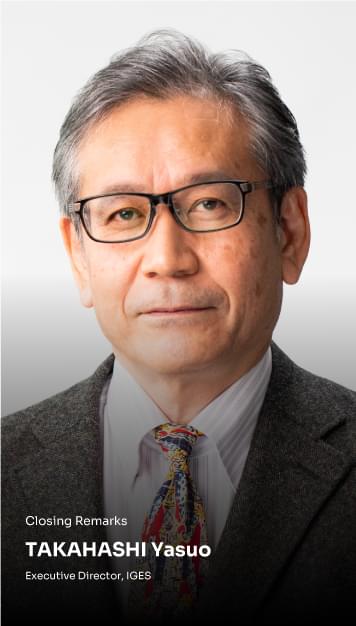
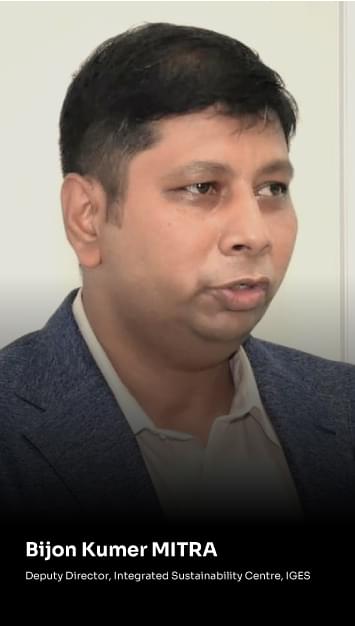
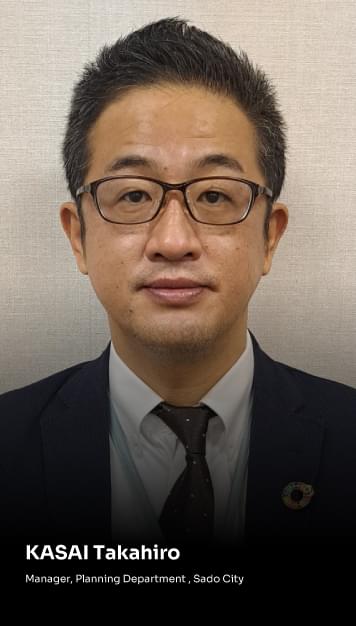
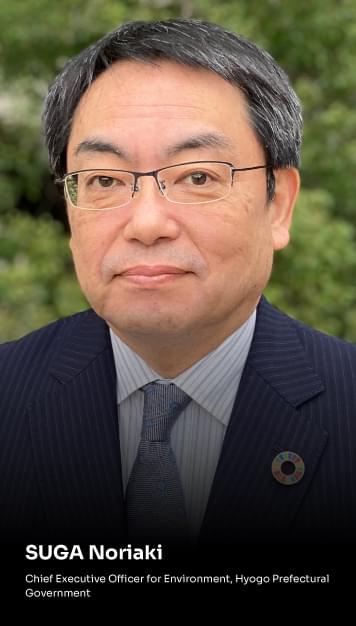

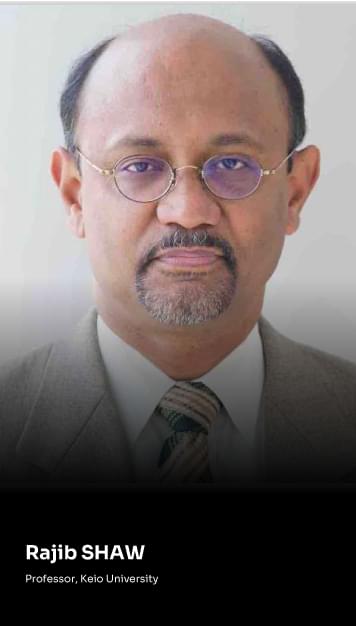

-min.JPG)
-min.JPG)
-min.JPG)
-min.JPG)
-min.JPG)
-min.JPG)
-min.JPG)
-min.JPG)
-min.JPG)
-min.JPG)
-min.JPG)
-min.JPG)